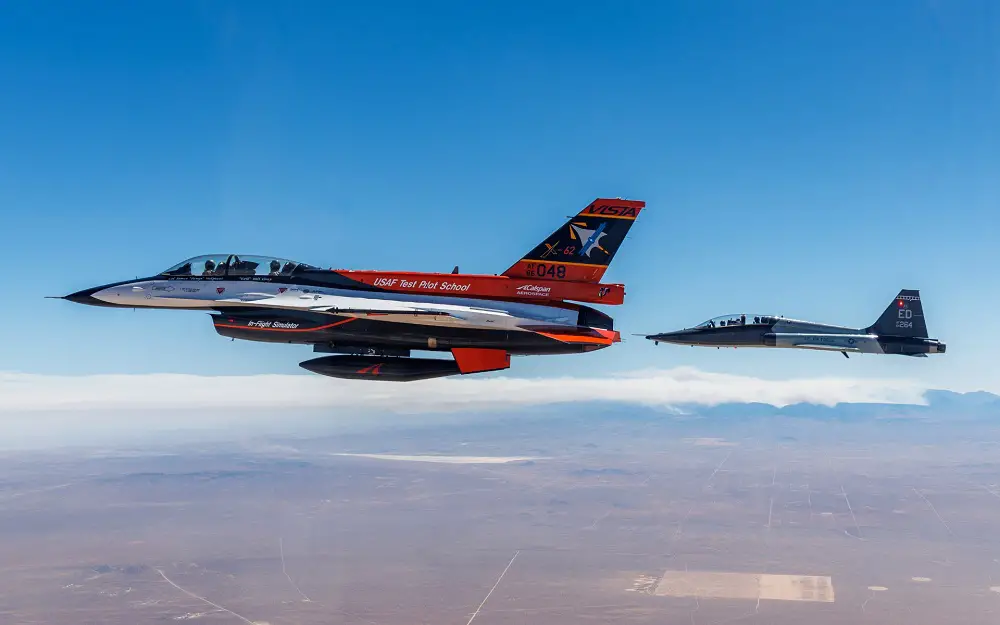Lockheed Martin Skunk Works® partnered with the U.S. Air Force Test Pilot School to conduct full-scale, live flight tests of the Smart Adaptive Flight Control Environment (SAFE) system on a large-scale aircraft. SAFE is an adaptive technology that makes real-time adjustments to flight control behavior. What does this mean for the future of flight tests? The answer is simple: more efficient and affordable development and testing. Instead of having to make adjustments or improvements in between flight tests while a jet is on the ground, SAFE demonstrates real-time corrections to the baseline system in flight. This allows our team to continue iterating and testing at a rapid pace, resulting in substantial time and cost savings.
“The SAFE system has the potential to revolutionize flight tests, operational aircraft performance and safety. Our work advancing state of the art adaptive technologies continues to evolve and deliver more flexible, capable and collaborative capabilities across current and future platforms,” said Jeff Hakes, director, Revolutionary Air Vehicles, Emerging Concepts and Technologies, Lockheed Martin Skunk Works.

The series of test flights were conducted on the X-62A Variable In-flight Simulation Test Aircraft (VISTA). VISTA is an experimental flight test platform that allows us to correlate the development and testing of cutting-edge control algorithms with both crewed and uncrewed vehicle designs. The SAFE system links with parameter identification schemes and Artificial Intelligence and Machine Learning methodologies to enable a “learn-on-the-fly” capability. The next iteration of the system includes advanced software to quickly address flight control errors through online learning. This system is a true “bolt-on” capability, meaning it can be applied to any aircraft’s control laws, including current and future crewed and autonomous platforms.
Skunk Works is an official pseudonym for Lockheed Martin’s Advanced Development Programs (ADP), formerly called Lockheed Advanced Development Projects. It is responsible for a number of aircraft designs, highly classified research and development programs, and exotic aircraft platforms. Known locations include United States Air Force Plant 42 (Palmdale, California), United States Air Force Plant 4 (Fort Worth, Texas), and Marietta, Georgia. Skunk Works’ history started with the P-38 Lightning in 1939 and the P-80 Shooting Star in 1943. Skunk Works engineers subsequently developed the U-2, SR-71 Blackbird, F-117 Nighthawk, F-22 Raptor, and F-35 Lightning II, the latter being used in the air forces of several countries.













